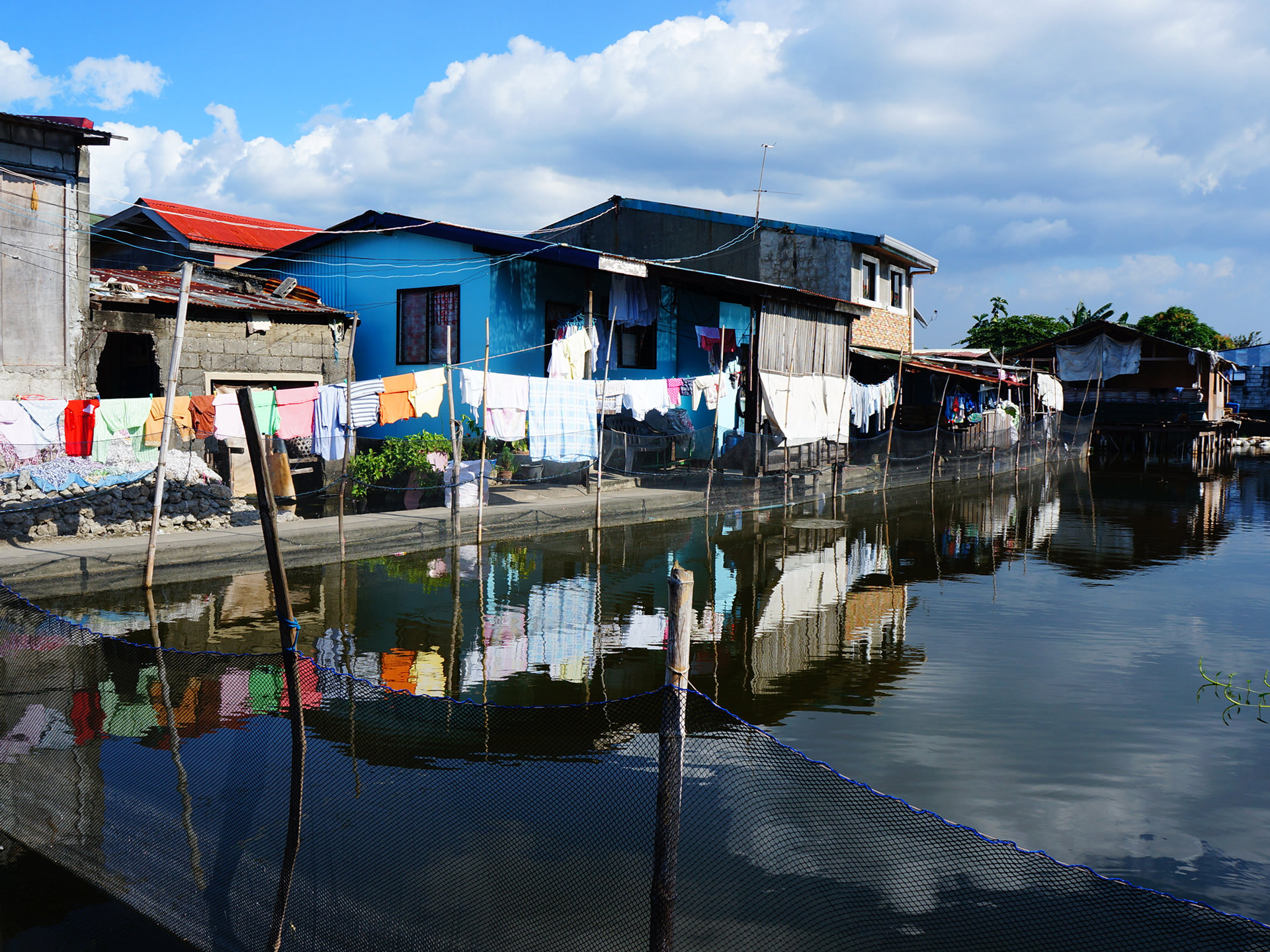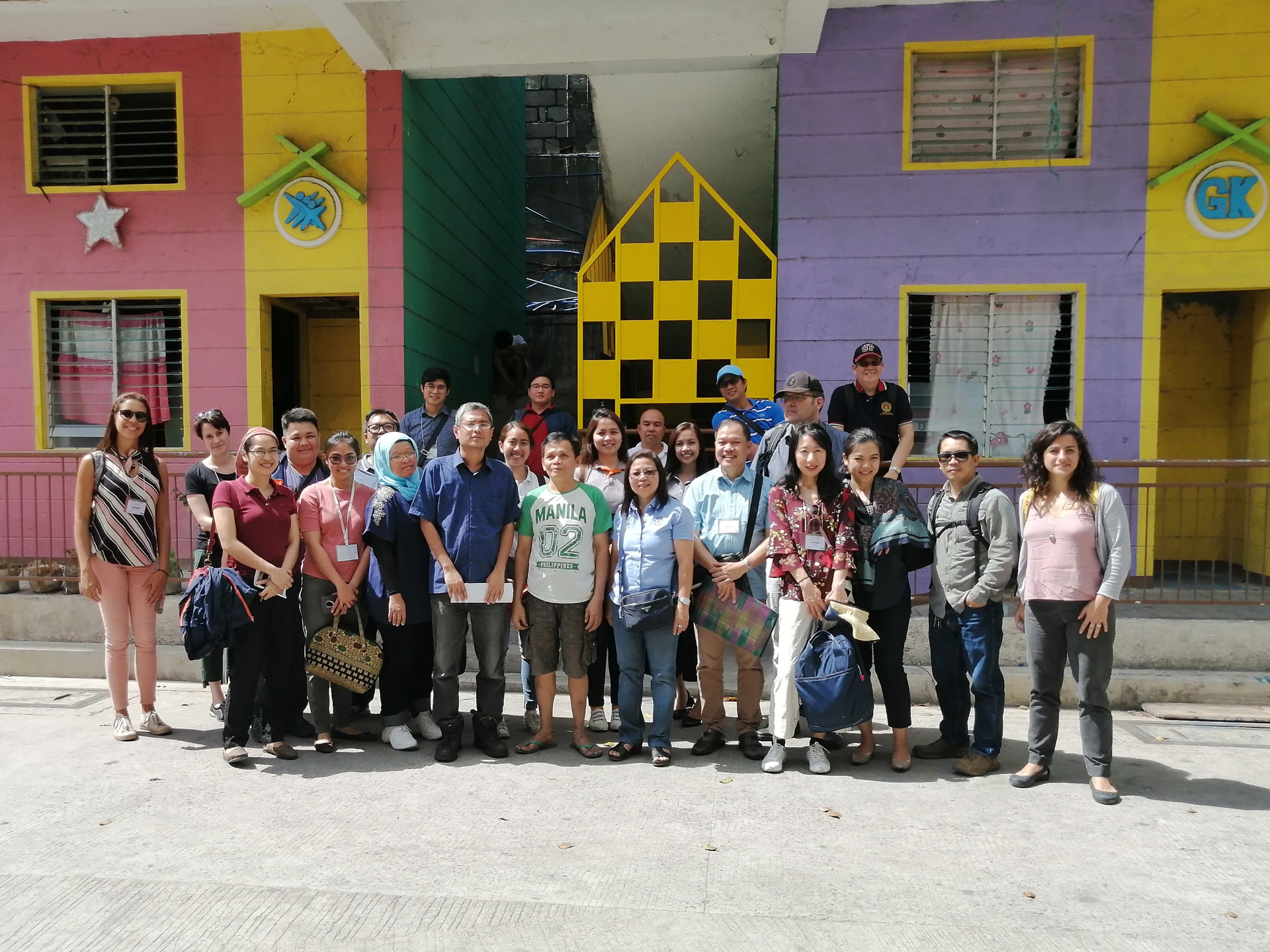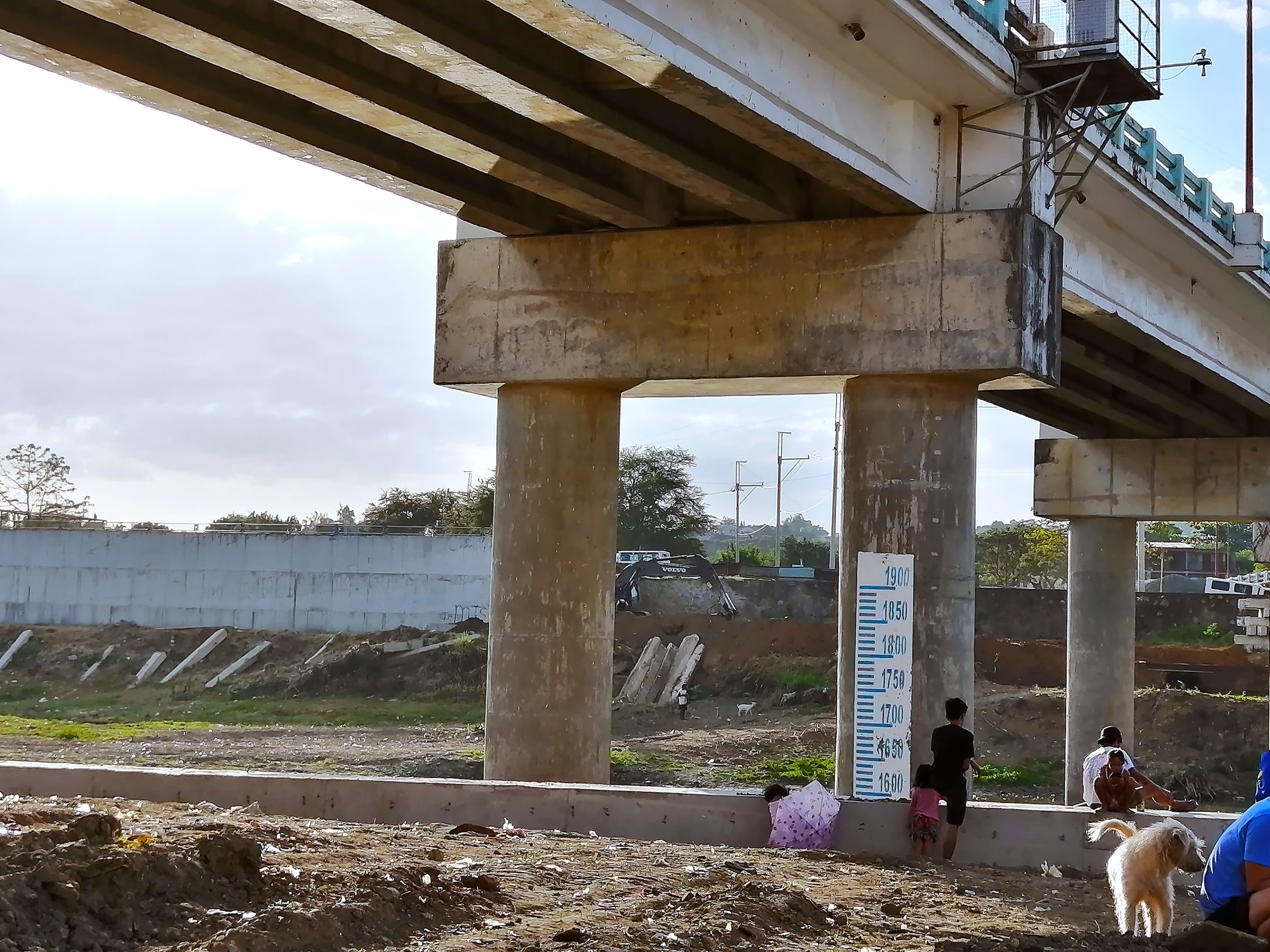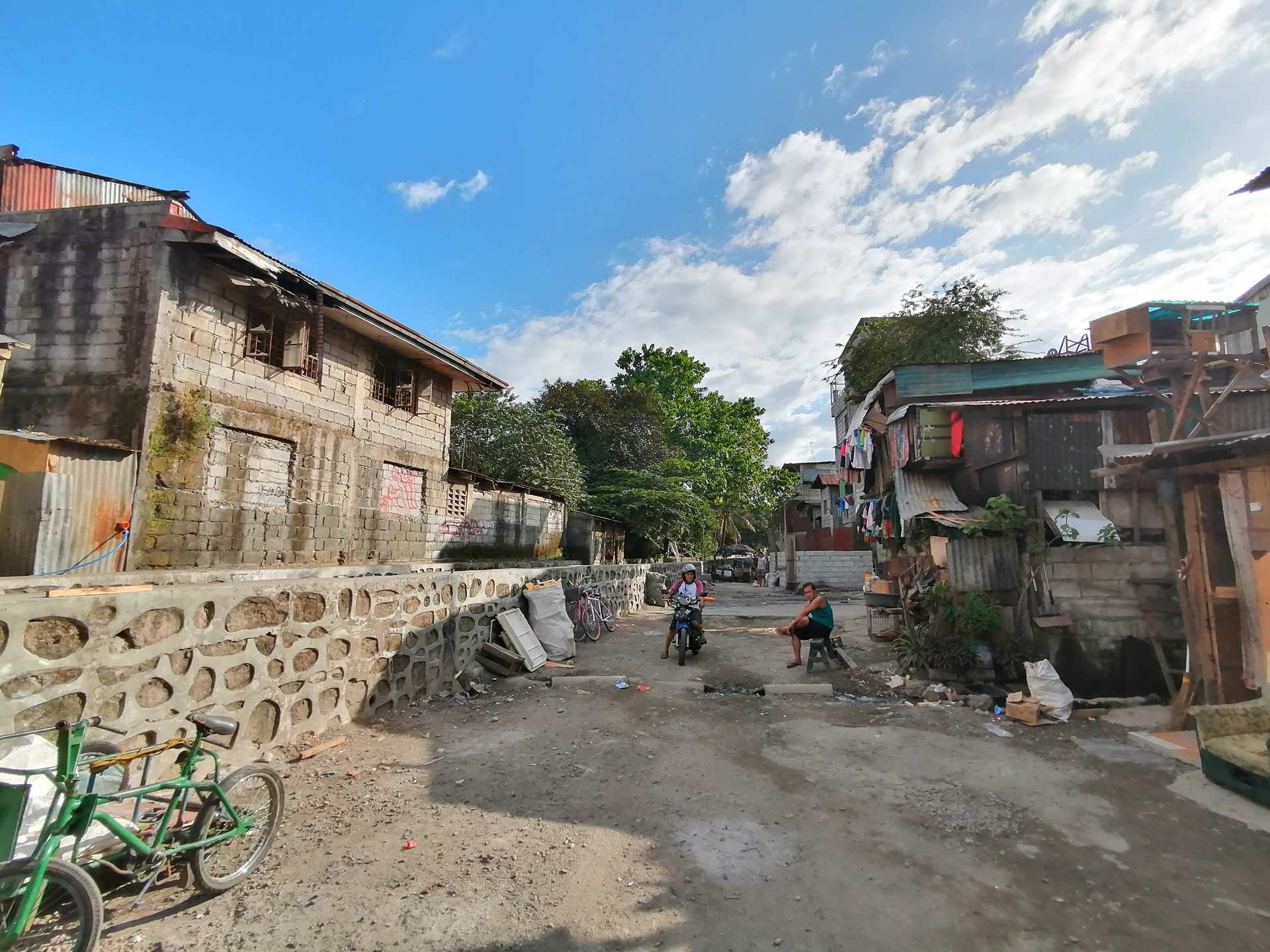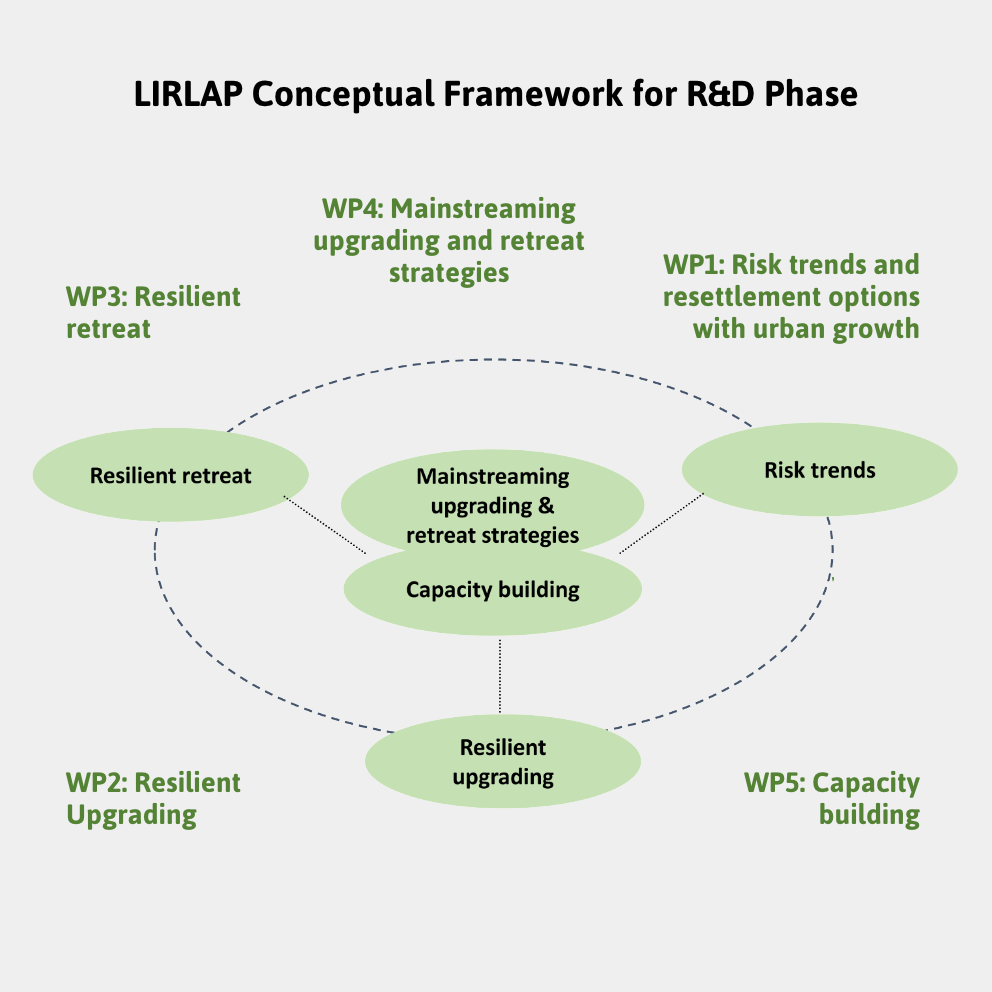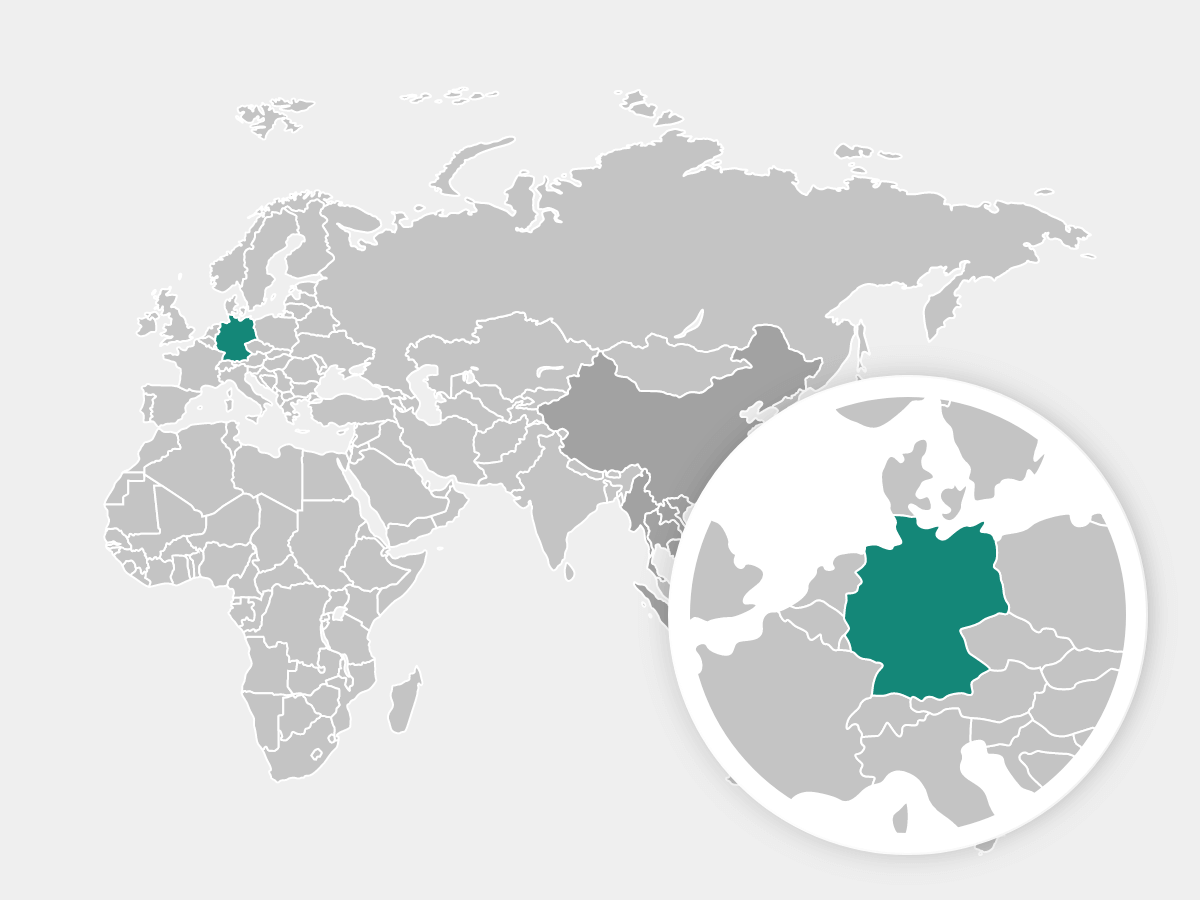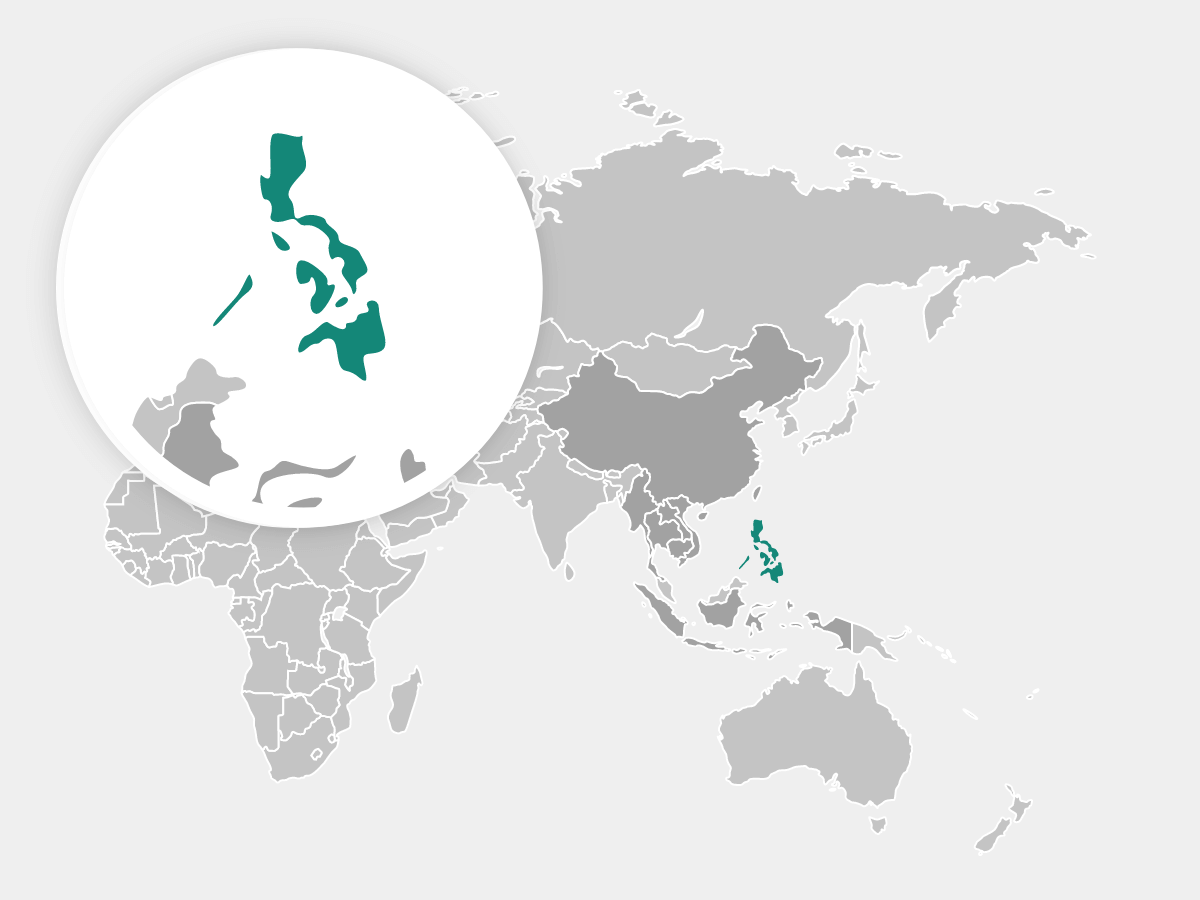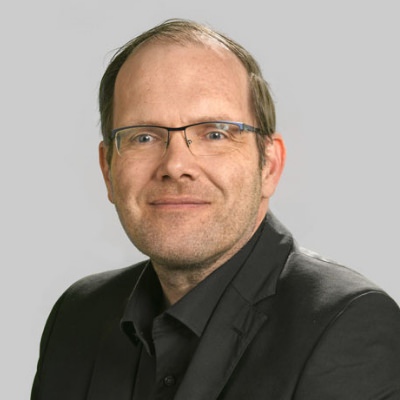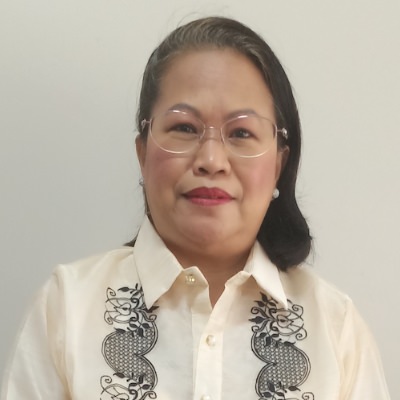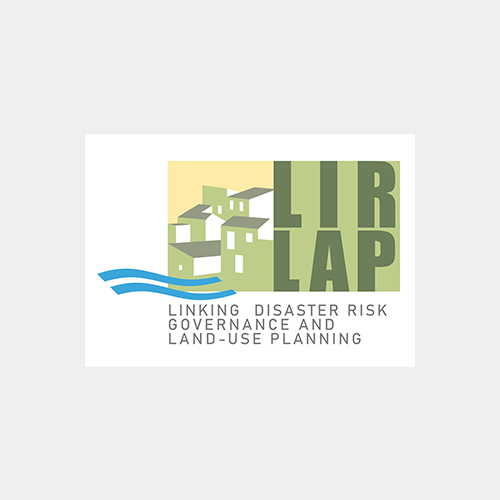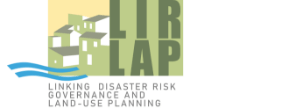Integrated urban development and sustainable neighbourhoods
Project Objectives
The LIRLAP project focuses on three objectives.
- Urban development approaches for resettlement and upgrading will be developed based on pilot projects in selected areas of Metro Manila.
- Climate adaptive evaluation and resettlement approaches will be co-produced with local residents to improve their livelihoods.
- LIRLAP plans to mainstream locally sustainable upgrading and resettlement strategies and to integrate resilient planning through training programmes and dual doctorates between Dortmund and the School of Urban and Regional Planning – University of the Philippines.
